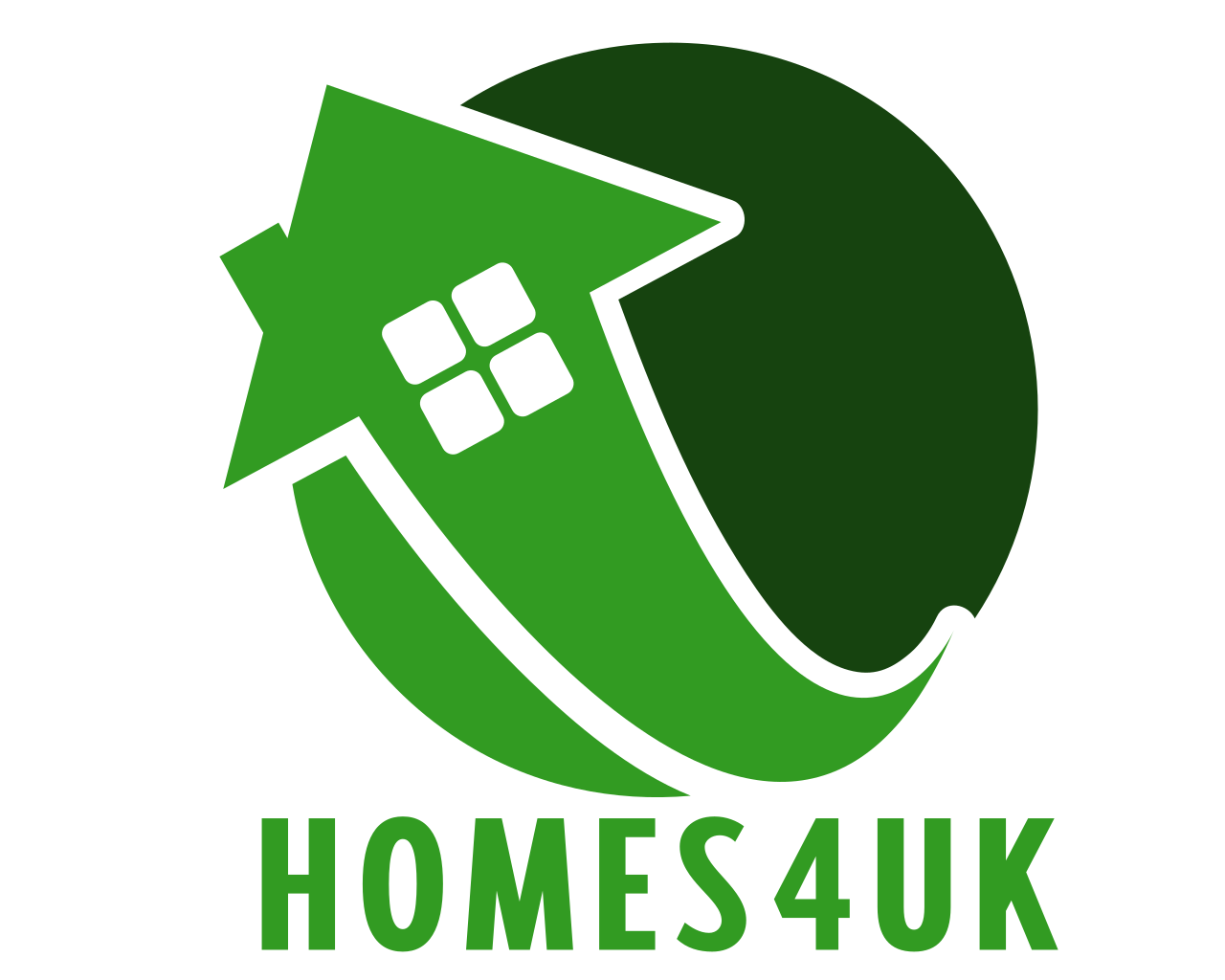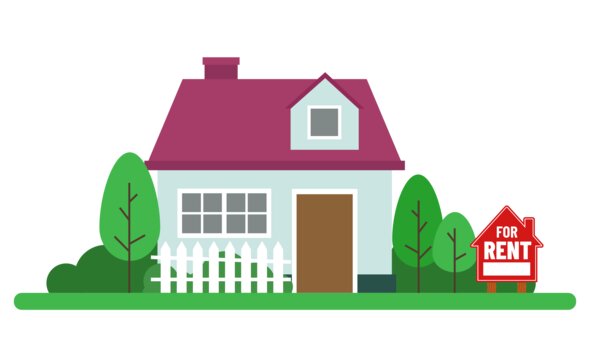Are You Ready To Rent out your property
Rent out your home
Renting out your home isn’t as simple as finding a tenant and waiting for the money to roll in. Residential landlords have many obligations and responsibilities, which can result in hefty fines if not adhered to. This includes:
- Gas and fire safety
- Electrical safety
- Right to rent checks
- Obtaining a license to rent your property
- Meeting minimum energy standards
- Tenant deposit protection
Unless you hire a letting agent to manage your property, you will also need to be on hand 24 hours a day, 7 days a week, if your tenants have an issue. Some tenants can be very demanding and expect you to fix minor problems with the property, which will take up a lot of your time and resources.
Rental Property Costs You’ll Need To Consider
There are quite a few ongoing costs, in addition to your mortgage payments (which the rent should cover) that you will have to pay while you rent out your property. This includes letting agent fees, an annual gas safety inspection, electrical safety checks, landlord insurance premiums and the cost of repairs and maintenance. You’ll have to get an EPC (which lasts for 10 years) and be able to afford to pay the council tax and the utility bills while the property is empty.
Pros And Cons Of Letting Your Property
If you’re still unsure whether renting out your home is for you, or if it’s better to just go ahead and sell your home, then here are some of the benefits as well as the pitfalls of renting out your home.
Pros
- You can make a profit from renting out your home and secure capital growth from being able to retain your property
- You can outsource the day-to-day work of letting your property to a lettings and management company
- Most tenants pay their rent on time and will look after your property
- If you are only moving away temporarily, renting out your home will cover your mortgage costs
Cons
- Being a landlord can be a hassle, although you can hire a lettings agent to rent and manage your property for you
- You will probably need to spend money to ensure your property is ready for tenants
- If your property is expensive to maintain, you may not be able to charge enough rent to cover all your costs
- If your tenants don’t pay their rent, or your property may be empty for periods, you will have to cover your mortgage payments without any rent
- Tenants can cause damage to your property
- You will have to pay capital gains tax when you sell
- You will have to complete a self-assessment each year and pay tax on your rental income



